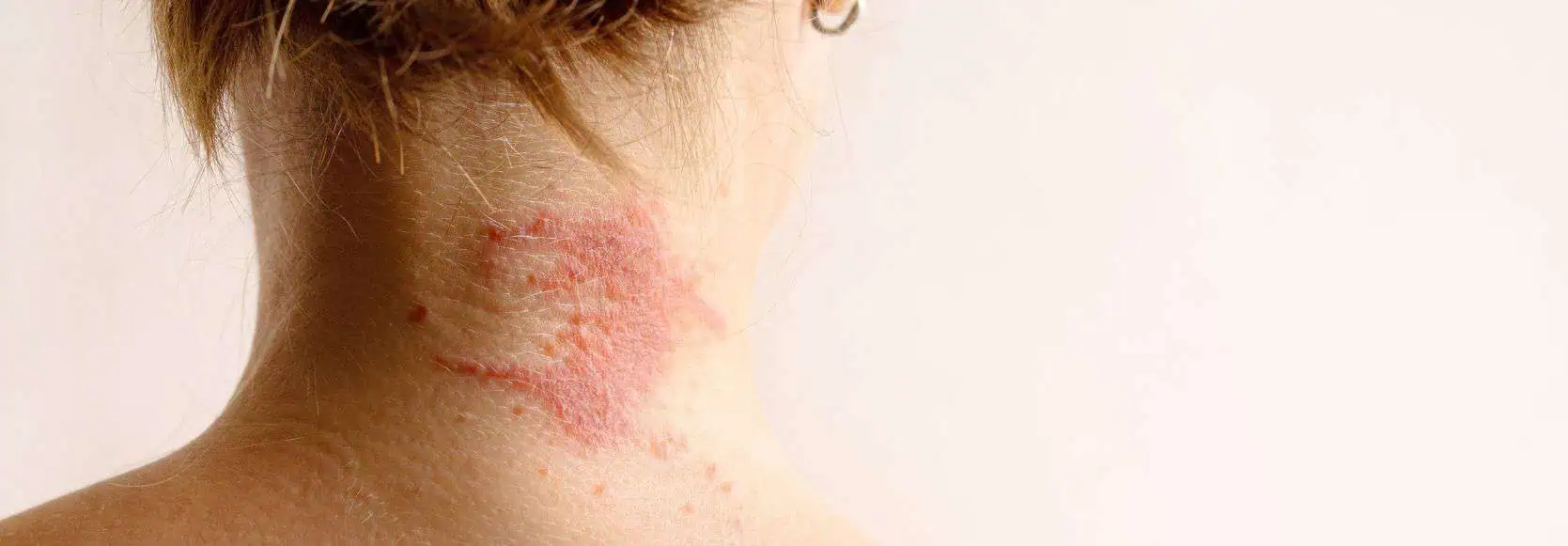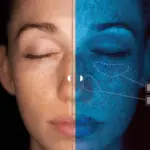Acne is more than just having one or two pimples from time to time. It’s a chronic skin condition that can be emotionally painful, due to the persistence and visibility of acne lesions and acne scars. Over 90% of the UK will suffer from some form of acne throughout their lifetime, mainly being affected between the ages of 12-30. If you have acne, there are self-care and home remedies you can try to help clear your skin up. But, if they don’t work, it might be necessary to see a skin specialist. The Harley Street Dermatology Clinic offers acne treatment in London that might be able to help.
What’s Causing Your Acne?
Acne develops when hair follicles become blocked with skin oils and dead skin cells. It can cause a range of symptoms on the skin, most commonly whiteheads, blackheads, and pimples. Whiteheads and blackheads are plugged hair follicles. Pimples develop if the plug in the follicle becomes infected with bacteria. Some research suggests that the strain of bacteria infecting the hair follicles may affect how severe acne is, and how often it appears.
If the infection is deep in the skin, it can cause cystic acne. This causes large, painful bumps and cysts on the skin. Cystic acne can be a chronic condition that takes years to clear up, and it can cause scarring. This kind of acne is usually best treated by a dermatologist for acne.
It’s thought that the main cause of acne is sensitivity of the skin to androgen hormones. Androgens are naturally occurring steroid hormones. Levels of androgens rise at the beginning of adolescence, which is why acne is more common in teenagers than any other age group. However, acne can affect people in other age groups too, it’s just less common.
How Acne Treatment Can Help with Your Acne
If you’ve been dealing with an acne problem for a long time, you may be feeling that there are no treatments out there that can help you. It may be that you need more specialised treatment than you can provide for yourself at home. However, even with a good treatment regimen, acne can persist for a long time. Acne pimples and related skin lesions heal slowly, and even as the skin heals, new pimples may form.
Mild acne usually responds to over-the-counter medications such as acne soaps and skin washes, medicated pads, and other products. Keeping the skin clean and moisturised, but not greasy, is important too.
Specialist treatment options are suitable for moderate to severe cases of acne. Some possible treatment options include:
- Prescription skin products that are more potent versions of over-the-counter products
- Oral antibiotics might be prescribed to reduce populations of acne-causing facial bacteria
- Injections of corticosteroids may be used to treat cystic acne
- For women, taking oral contraceptives can sometimes help clear up acne
- Isotretinoin, a strong oral retinoid medication for severe acne
Don’t Put Off Getting Acne Treatment
Having acne is often uncomfortable and sometimes it’s even painful. It can play havoc with your self-esteem, too. Whatever kind of acne you’re dealing with, seeing a specialist may be able to help you get effective treatment. The Harley Street Dermatology Clinic offers acne treatment in London, for people with all kinds of acne. Make an appointment, and let’s see how we can help.



